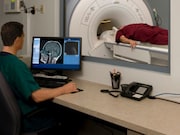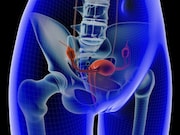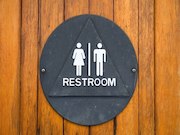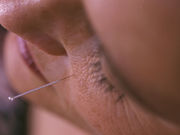Tag: Incontinence
Doctors Question State Lawsuits Over Pelvic Mesh Products
Lawsuits claim Johnson & Johnson did not fully disclose safety risks of transvaginal mesh products
Certain Sites of Brain Lesions in MS Tied to Bowel Incontinence
Left hemisphere dominates sensory visceral integration, right tied to the autonomic function
Urinary Incontinence Common in Women Over 50 Years
Poll finds that few women report talking to their physician about urinary leakage
Outcomes Studied for Surgical Tx of Stress Urinary Incontinence
~3 percent of midurethral mesh slings for stress urinary incontinence removed by 9 years
WPSI Recommends Annual Urinary Incontinence Screening
Due to limited evidence, other experts urge caution in implementing guideline for women
AUA: Yoga Can Reduce Urinary Incontinence in Older Women
Greater decrease in total UI frequency with yoga intervention versus time-and-attention control group
AUA: Yoga Can Reduce Urinary Incontinence in Older Women
Greater decrease in total UI frequency with yoga intervention versus time-and-attention control group
Postpartum Abdominoplasty Improves Back Pain, Incontinence
Significant decreases in scores on mean Oswestry Disability Index and Incontinence Questionnaire
Vascular Risk Factors Tied to Increased Incontinence Risk
Previous stroke or TIA, increased BMI are among risk factors for urgency urinary incontinence
Mixed Results on Acupuncture for Incontinence, Infertility
Benefit seen in stress incontinence; no benefit for infertility in polycystic ovary syndrome














